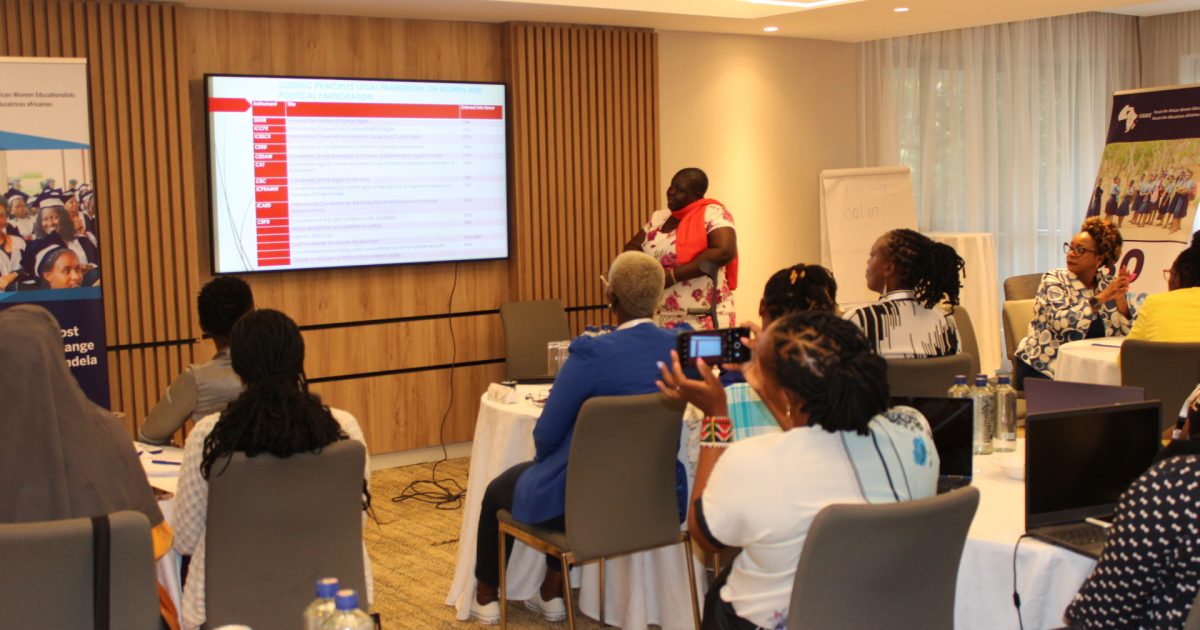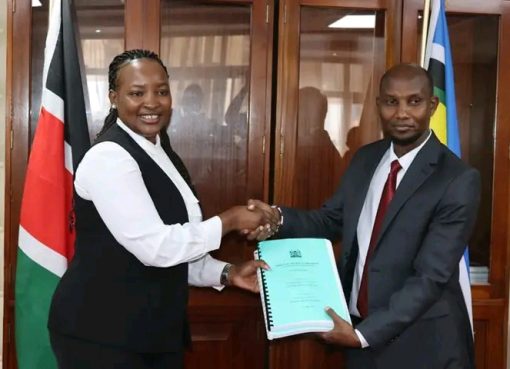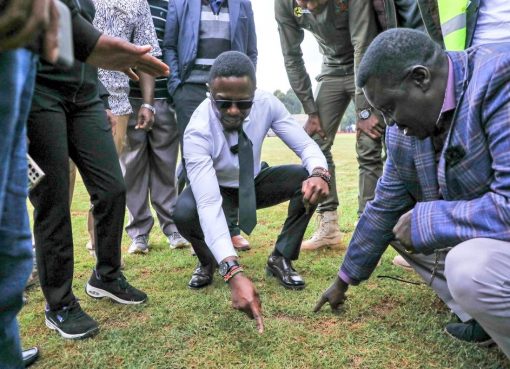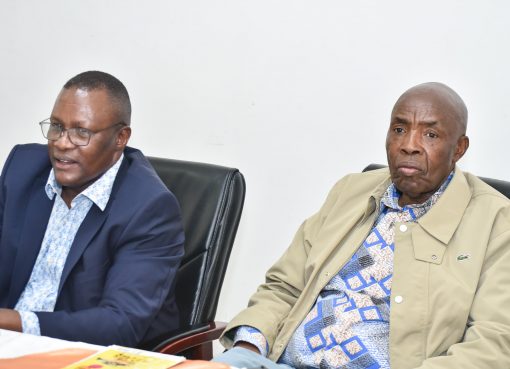Female politicians and young women aspiring to join politics from 47 counties have received a five-day training from the 5th Women in Political Participation (WPP) Academy on how to enhance their political leadership skills, promote inclusivity in political participation and inspire young women to join politics.
Forum for African Women Educationalists (FAWE), in partnership with International Institute for Democracy and Electoral Assistance (International IDEA), an Inter-Governmental Organization that implements the Women in Political Participation (WPP) created a space for political women to learn, interact and share their approach and experience in navigating political space.
Gadhia Mamo, a politician who vied for a Woman Representative seat in Marsabit County during the 2022 general elections and lost says that in the academy, she has discovered political strategies that she did not practice during her campaign and purposes to have a different approach in 2027.
“I have learnt so much about personal branding, communication, self-packaging, consistency in politics, male engagement, mainstreaming of Persons with Disability and understanding the political space nationally. I would say when I came into the space I had a local thinking. I was only thinking of Marsabit, if I get the votes or ask for them, that’s it. I did not think of institutions like the IEBC, what happens if I do not make it but through this academy, I now know that it is a whole process,” revealed Mamo.
She added that female politicians in Marsabit missed out in politics because of cultural issues, conflicts between the majority and minority ethnic groups together with the pressure put on them by the society.
“The conflict is always about the majority ethnic community in Marsabit and coming from the minority, I did not expect to even get the votes I got and be a runner’s up. We put a lot of pressure on women and expect so much from the few we have. For example, in my county now, we expect so much from one Woman Representative against the Senator and the Governor, the 4 Members of Parliament (MPs) and the 20 Members of County Assembly (MCAs). We are not talking about the CDF or bursaries and in the process, we make the ones we elect fear,” added Mamo.
The women were able to understand the need to believe on the ability they possessed in the political space as compared to the agendas they tabled in their manifestos.
Janet Muthoni Ouko said that the workshop has given her an opportunity to reflect on her ability to add value in politics.
“This workshop has taught me to actually reflect more on my ability and less on my agenda so that when I begin my conversation, I am not beginning from the woman point of view but from what am I qualified to do and what value I am bringing. I did not have that in mind when at the political table yet that is what I should concentrate on. So many times someone remembers that I am a woman, let them remember the value that I brought to the table,” said Ouko.
With this year’s International Women’s Day theme being ‘Inspire inclusion’, the women were enlightened on the need to include Women with disability (WWD) in politics and support them.
Caroline Agwanda, Chief Advisor of Persons with Disability and women in Kisumu County Governor’s office, advised different stakeholders to magnify disability awareness and inclusion.
“A lot of disability inclusion awareness needs to be done to avoid discrimination and stigma. People are still hidden in the villages. Awareness creation to the duty bearers so that they know what rights are there for Persons with Disability (PWDs) and for PWDs themselves, as some of them do not know their rights. A campaign needs to be done starting from the Judiciary coming to all government stakeholders and the media need to show the privileges that are there and showcase best practices done by PWDs so that it gives them hope,” echoed Agwanda.
Iris Ayieta, a Legal Officer at Training Centre and Communication (TCC) Africa said that as an advocate, she is working on a programme that will ensure women with children with disability are able to get help so that they could be economically empowered and educated to take care of their children rather than staying jobless.
By Seline Nyangere





